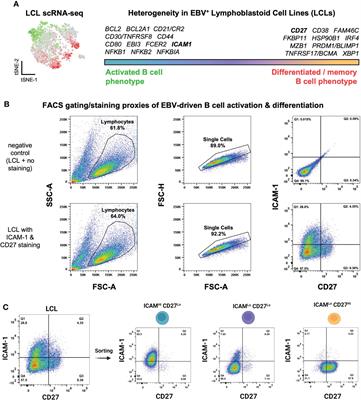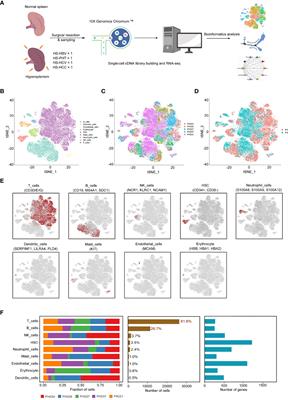EDITORIAL
Published on 19 Dec 2022
Editorial: B cell heterogeneity in the single-cell era
doi 10.3389/fimmu.2022.1112849
- 1,323 views
11k
Total downloads
39k
Total views and downloads
You will be redirected to our submission process.
EDITORIAL
Published on 19 Dec 2022
ORIGINAL RESEARCH
Published on 10 Nov 2022

ORIGINAL RESEARCH
Published on 28 Sep 2022

MINI REVIEW
Published on 22 Aug 2022

ORIGINAL RESEARCH
Published on 05 Jul 2022

ORIGINAL RESEARCH
Published on 22 Mar 2022

ORIGINAL RESEARCH
Published on 27 Jan 2022

